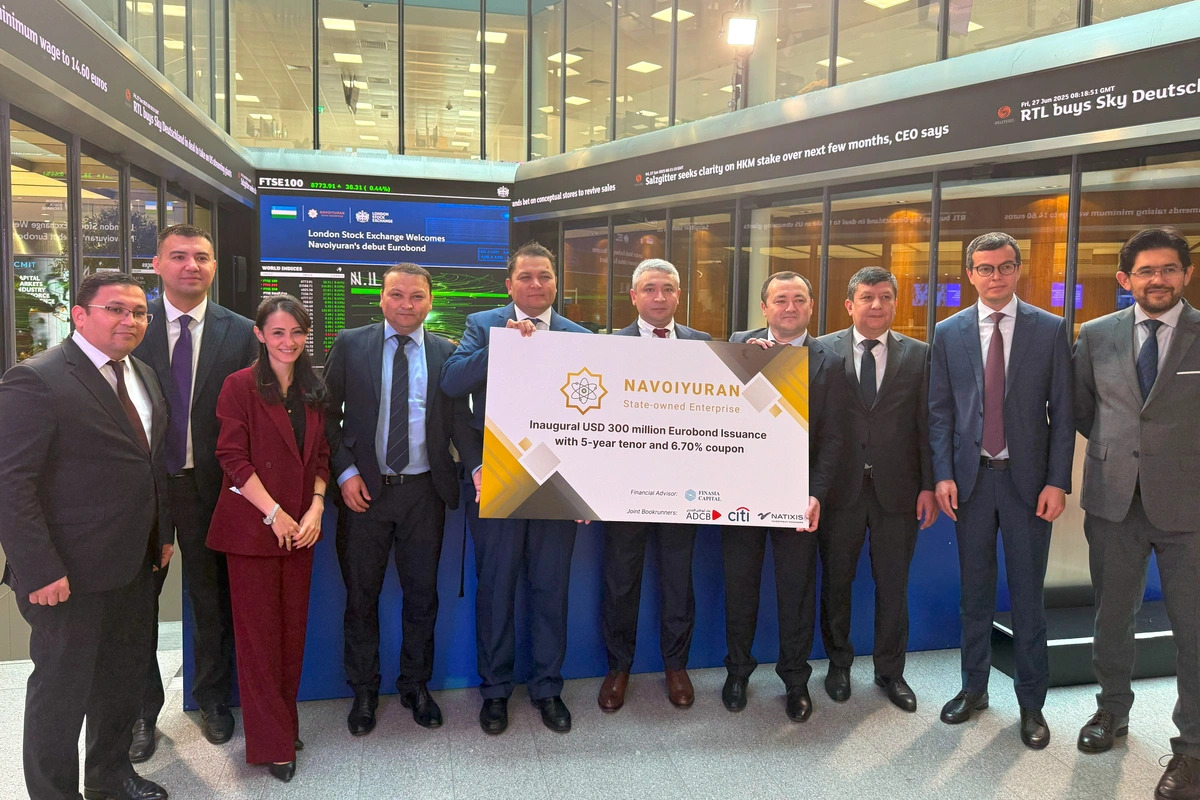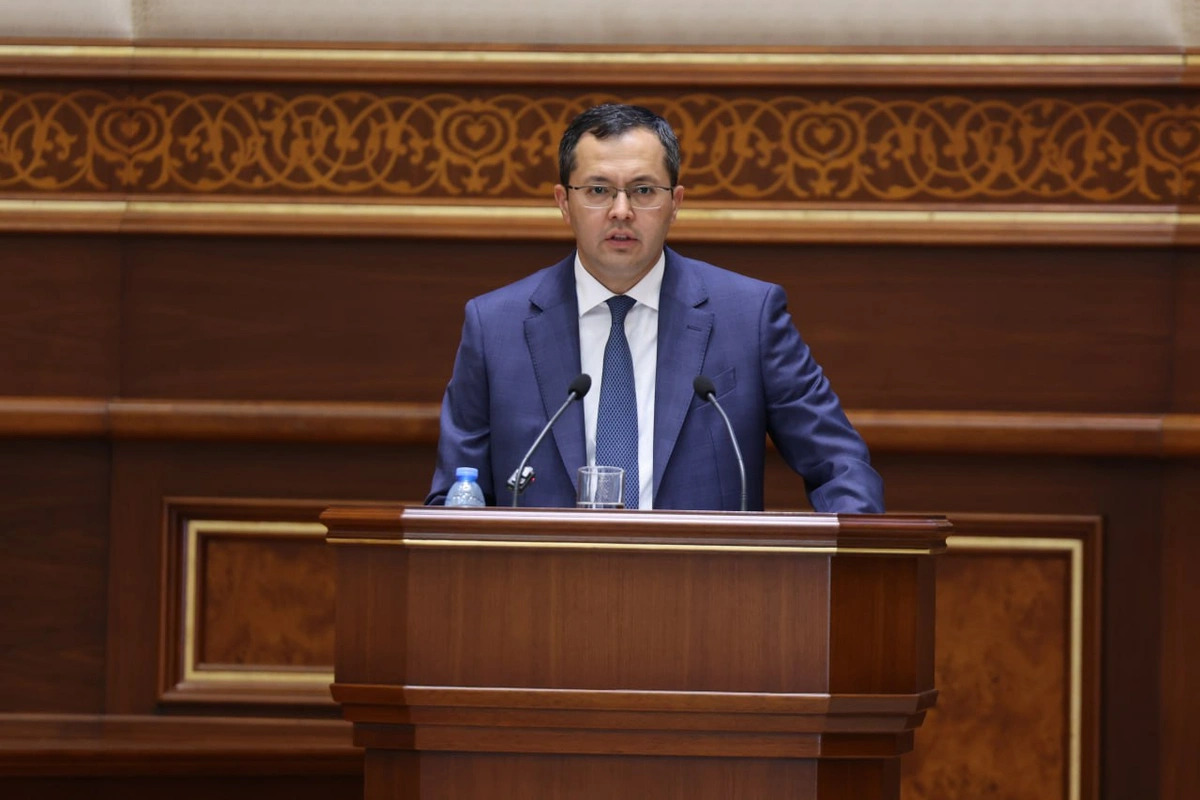The Ministry of Energy and the World Bank jointly hosted an event marking the official launch of the Clean Energy for Buildings Project. This project will be implemented by the Ministry of Energy with the World Bank’s financial support. It aims to boost energy efficiency in public buildings and create a better framework for clean energy investments in the buildings sector. During the event, government officials, private sector, and media were informed about the project's purpose, objectives, and activities.
In Uzbekistan, the buildings sector accounts for 50 percent of the total final energy consumption, followed by the industry and transport sectors at 22 percent and 20 percent, respectively. In the public buildings sector, heating is responsible for about 70 percent of the energy consumption in regional hospitals, 84 percent in pre-schools, 88 percent in rural clinics, and 97 percent in public schools.
Most public buildings in the country were constructed in the 1970s–1980s with little attention to energy efficiency. Thus, the facilities are poorly insulated, operate below thermal comfort standards, and use old boilers and water heating systems with high energy intensity.
In 2021, the World Bank conducted a study that found that the annual energy savings potential from increased energy efficiency in pre-schools, schools, and healthcare facilities of Uzbekistan could reach over 7,000 GWh, including thermal savings of around 6,810 GWh and electricity one of over 240 GWh.
In June 2022, the World Bank’s Board of Executive Directors approved a $143 million concessional credit for Uzbekistan to implement the Clean Energy for Buildings Project. The project will invest in the energy efficiency of public buildings across the country, strengthening the building sector’s resilience to climate change and reducing energy consumption and gas emissions.
The implementation of the project activities started following the adoption of the Resolution of the President of Uzbekistan no. 106 of March 30, 2023. The project is being implemented by the Intersectoral Energy Savings Fund (IESF) under the Ministry of Energy of Uzbekistan. The Fund was created in 2020 to finance activities improving energy efficiency in industrial, social, and residential sectors.
Through this project, the IESF will finance activities improving energy efficiency in buildings under the Ministry of Pre-school and School Education and Ministry of Health, located in rural and urban areas. It is planned that during the project's life cycle in 2023-2028, over 500 social facilities across the country, including pre-schools, schools, hospitals, and polyclinics, will be modernized and refurbished to improve their energy efficiency.
The services provided by the IESF will include energy audits, designing energy efficiency measures, procuring and financing works, as well as measuring and verifying energy savings.
Typical energy efficiency measures will include insulation and improvement of building envelopes, heating, ventilation, air conditioning, and lighting systems, as well as replacing coal boilers with renewable energy options such as integrated solar electricity panels with heat pumps and/or solar collectors.
The public buildings covered by the project will be modernized to meet national thermal comfort standards and avoid their under- or overheating. The project activities will decrease energy consumption, and improve air quality, the security of the energy supply, particularly during the winter months, and the quality of public services, providing improved comfort to the users of the above-mentioned educational and health facilities.
In addition, the project will improve the IESF’s capacity to implement clean energy investments in various sectors. It will also help launch the National Building Energy Efficiency Program, prepare legislation regulating the clean energy investments market, as well as run public outreach activities to enhance energy efficiency awareness.
The project launch was attended by Minister of Energy Jurabek Mirzamakhmudov, senior officials from various ministries and agencies, representatives of the private sector, and journalists. The World Bank Group was represented by World Bank Country Manager for Uzbekistan Marco Mantovanelli and International Finance Corporation Country Manager for Uzbekistan and Turkmenistan Neil McKain.
The event participants were informed about the role of the project in creating an enabling environment for energy efficiency in the country, planned project activities, expected results, and social benefits. It was noted that a central element of the project is the support to the Government in implementing measures to improve energy efficiency in public buildings, residential, and commercial sectors.
World Bank and foreign experts presented the experience with similar projects designed to improve the energy efficiency of public buildings delivered in various countries, including Mexico, Montenegro, North Macedonia, and Türkiye.
Representatives of local and foreign firms and companies interested in providing various goods and services needed to deliver project activities, including those supplying energy-efficient equipment, audit, and design services, as well as construction works, were briefed on the opportunities to participate in respective tenders that will be held under the project.












